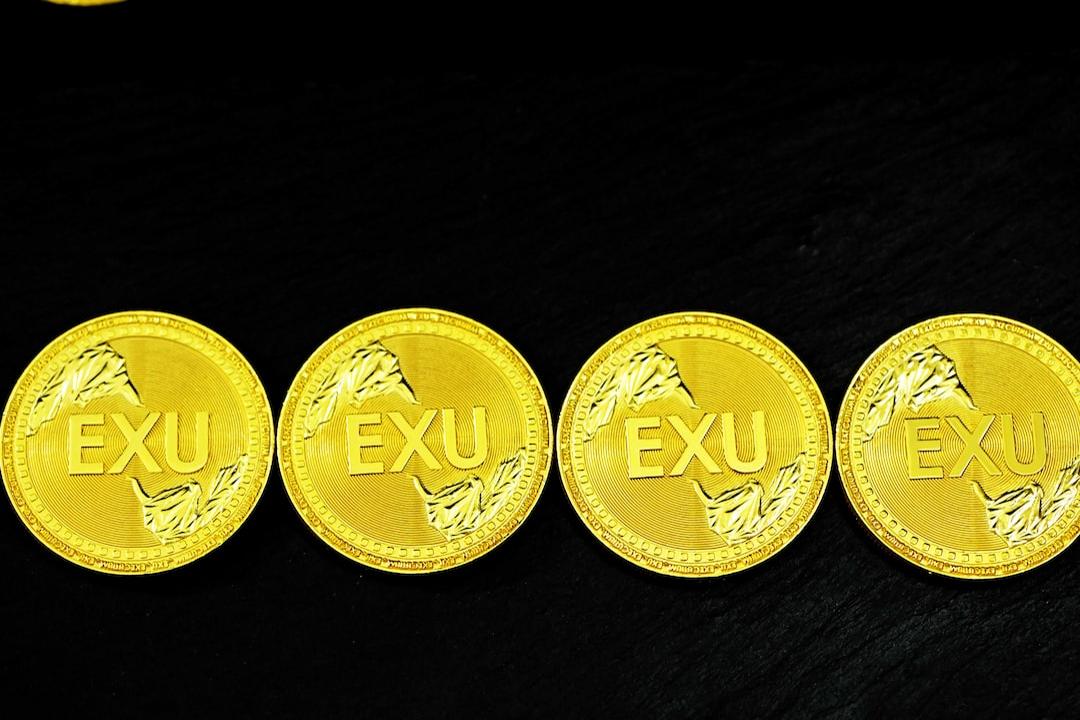The Hong Kong Monetary Authority (HKMA) has initiated the second phase of its digital currency pilot study, known as Project e-HKD+. This phase will involve 21 financial institutions working on 11 different use cases for the central bank digital currency (CBDC) and tokenized deposits. To accommodate the expanded scope of the project, the HKMA has created its own sandbox, and this phase is expected to last for approximately one year.
Project e-HKD+ will primarily focus on three main themes: the settlement of tokenized assets, programmability, and offline payments. While some of the use cases are general in nature and do not specifically reference the e-HKD, the HKMA has made it clear that the project will continue to develop the necessary technology and legal framework to support the potential issuance of an e-HKD.
Among the specific use cases being considered, two involve programmability and rewards platforms. For instance, DBS Bank in Singapore is researching an environmental, social, and governance (ESG) reward platform. Additionally, Bank of Communications (Hong Kong) and China Mobile (Hong Kong) will explore the use of e-HKD stored on a mobile SIM card for offline payments and transfers.
To facilitate collaboration and address common issues, the HKMA will establish the e-HKD Industry Forum, where project participants can engage in discussions and form working groups dedicated to specific topics. The first working group will specifically focus on programmability.
In addition to the e-HKD project, the HKMA is also accepting applications for its Generative AI sandbox. In partnership with the state-run technology company Cyberport, this sandbox will explore the applications of artificial intelligence (AI) in risk management, anti-fraud measures, and customer experience within the finance industry.
Overall, the HKMA remains committed to advancing digital currency initiatives and fostering innovation in the financial sector.

